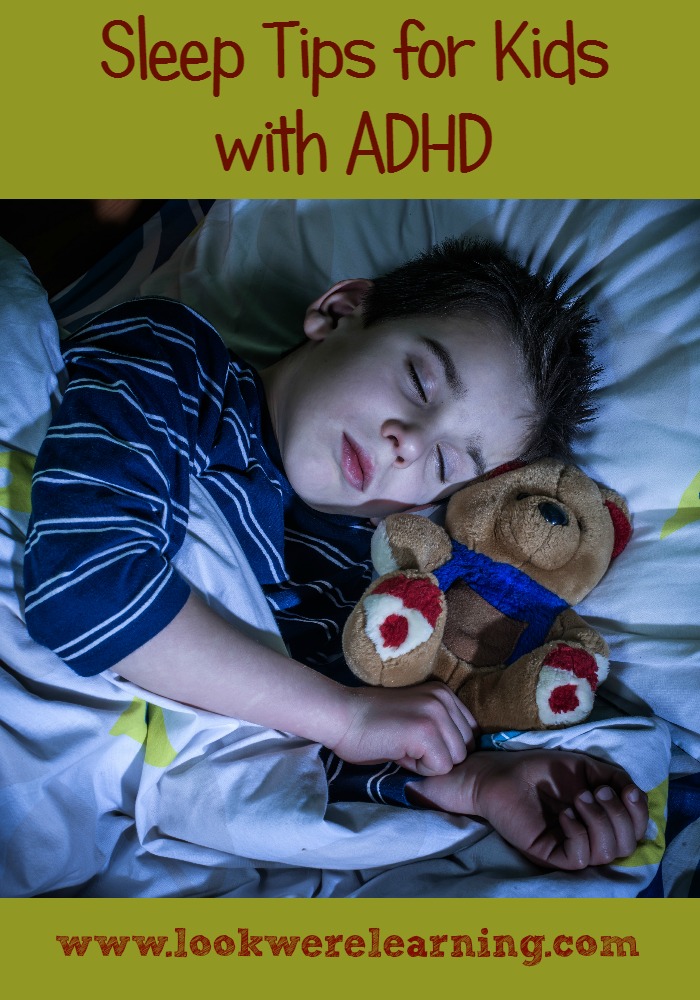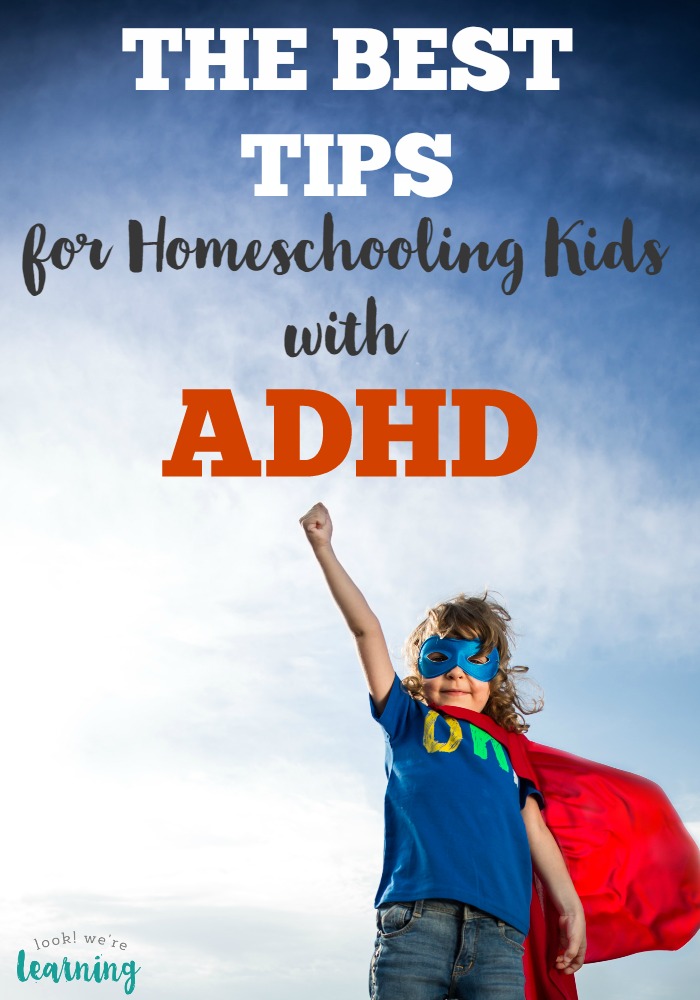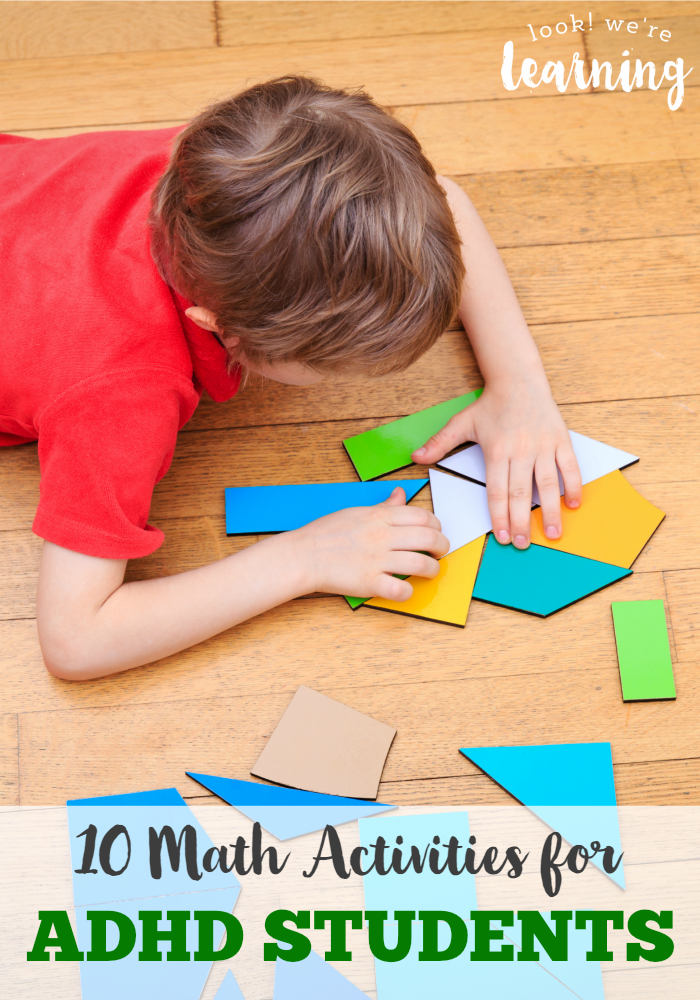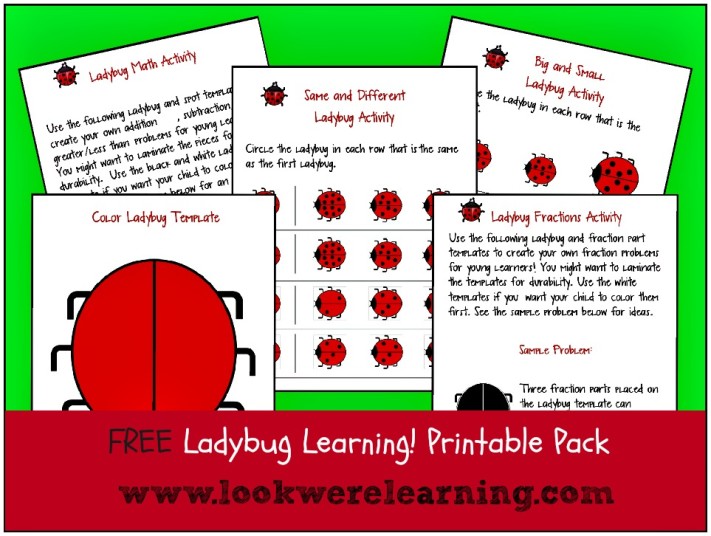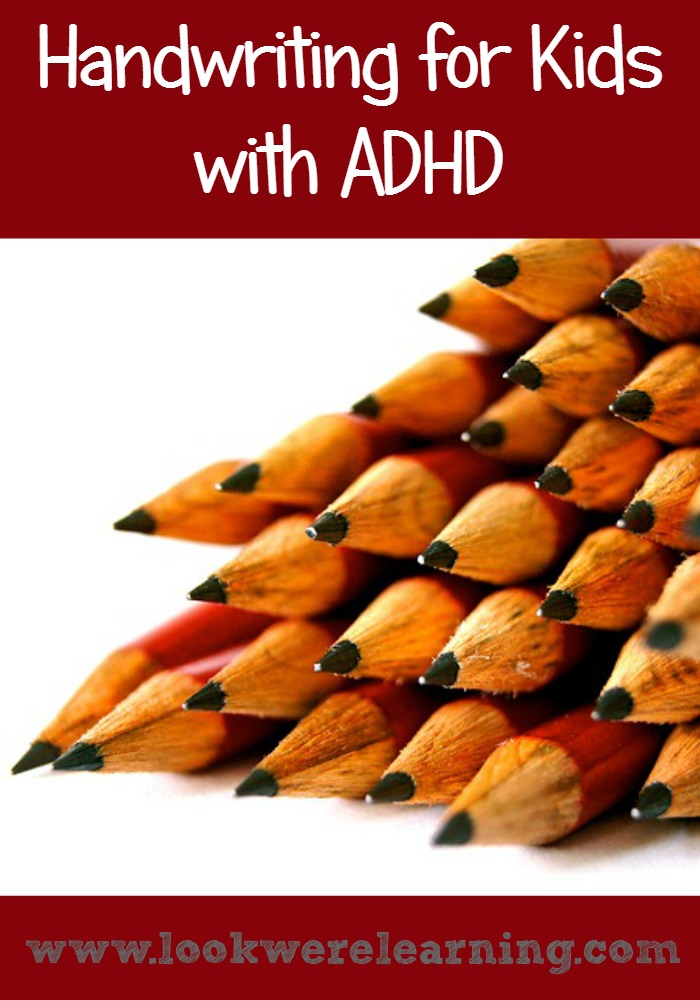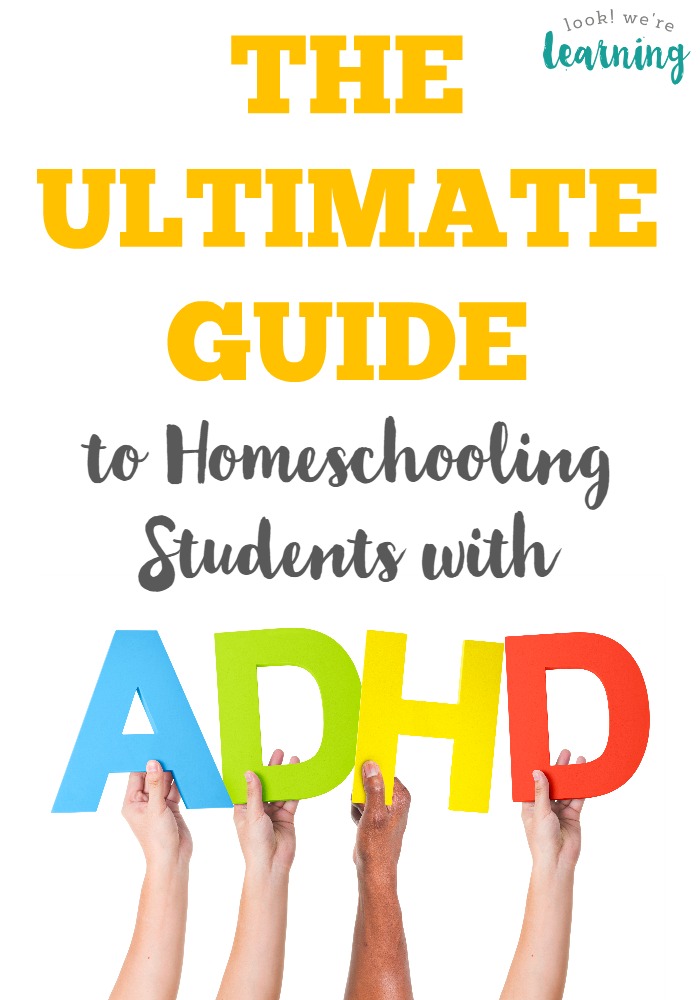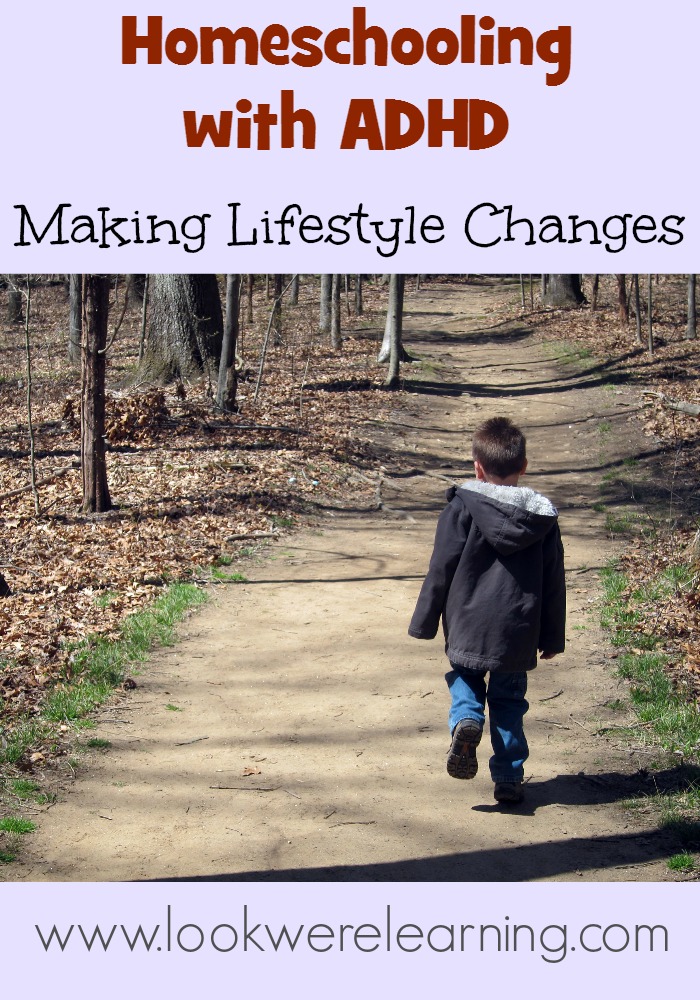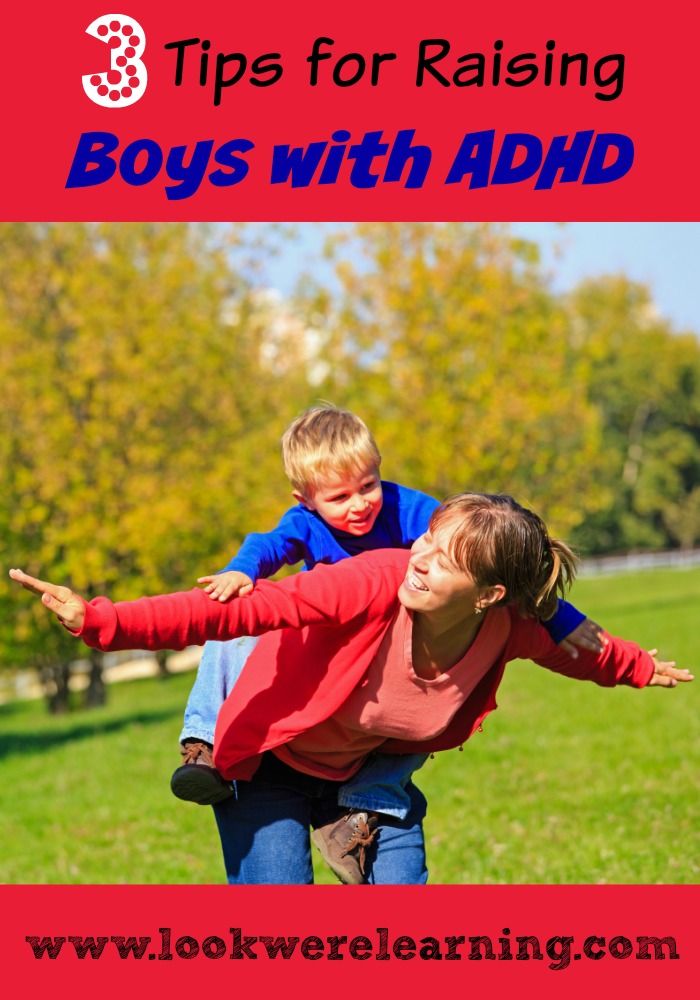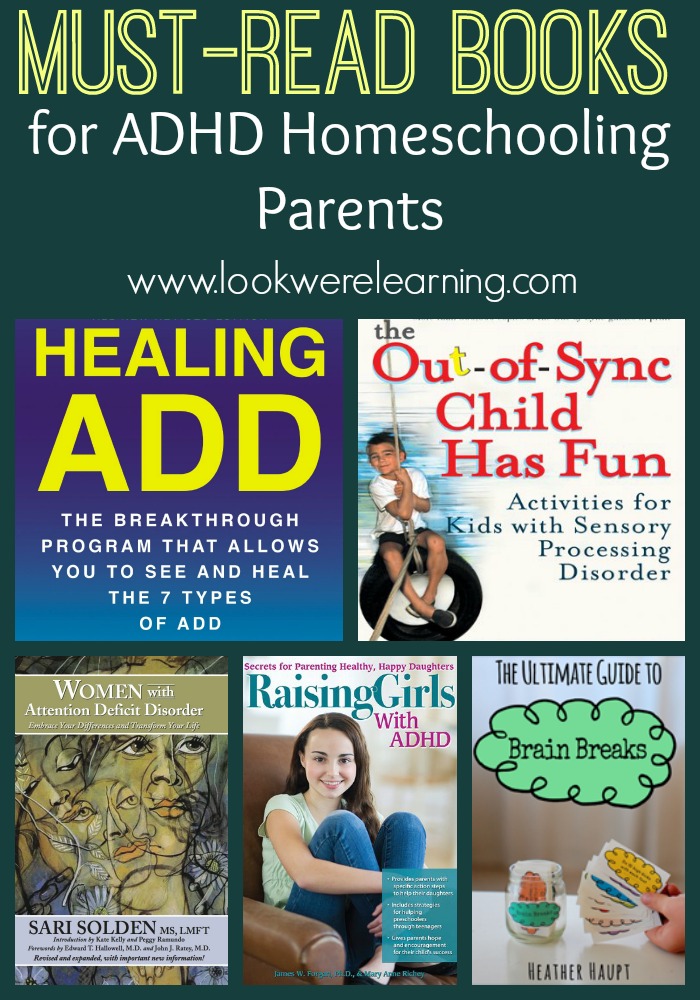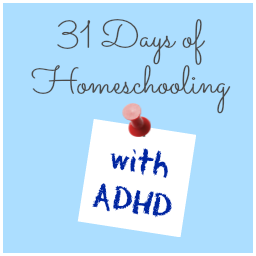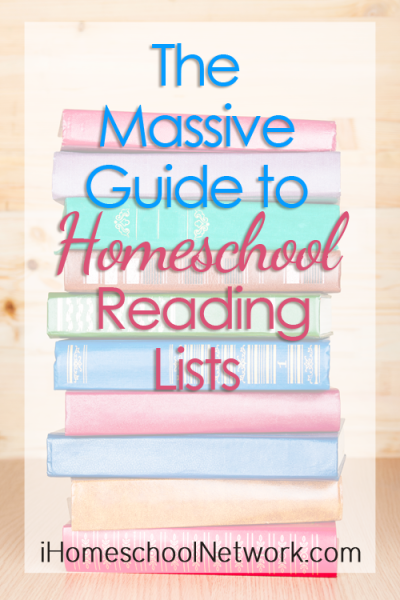Getting enough sleep is a major problem for kids and adults with ADHD. I’ve been a light sleeper for years, but I had no idea it was related to ADHD until I started researching symptoms.
Personally, I CANNOT go to sleep without reading first. If I try to just lie down, my mind will race with a thousand “I need to” and “I really should” thoughts, and eventually I’ll jump up and start doing stuff. Not good if I expect to be a relatively happy mom the next day.
Our kids tend to be light sleepers too. Tigger and Roo take a very long time to fall asleep, and poor Pooh has struggled with night terrors ever since he was an infant. The irony is: The less sleep kids with ADHD get, the worse their symptoms are. So we’ve had quite a few rough homeschooling days due to lack of sleep.
I’ve been reading lots of information about establishing good sleep habits, and today I’m sharing three ADHD sleep tips for kids (and adults)!
If this post is helpful, be sure to read my list of the best ADHD homeschooling tips around!
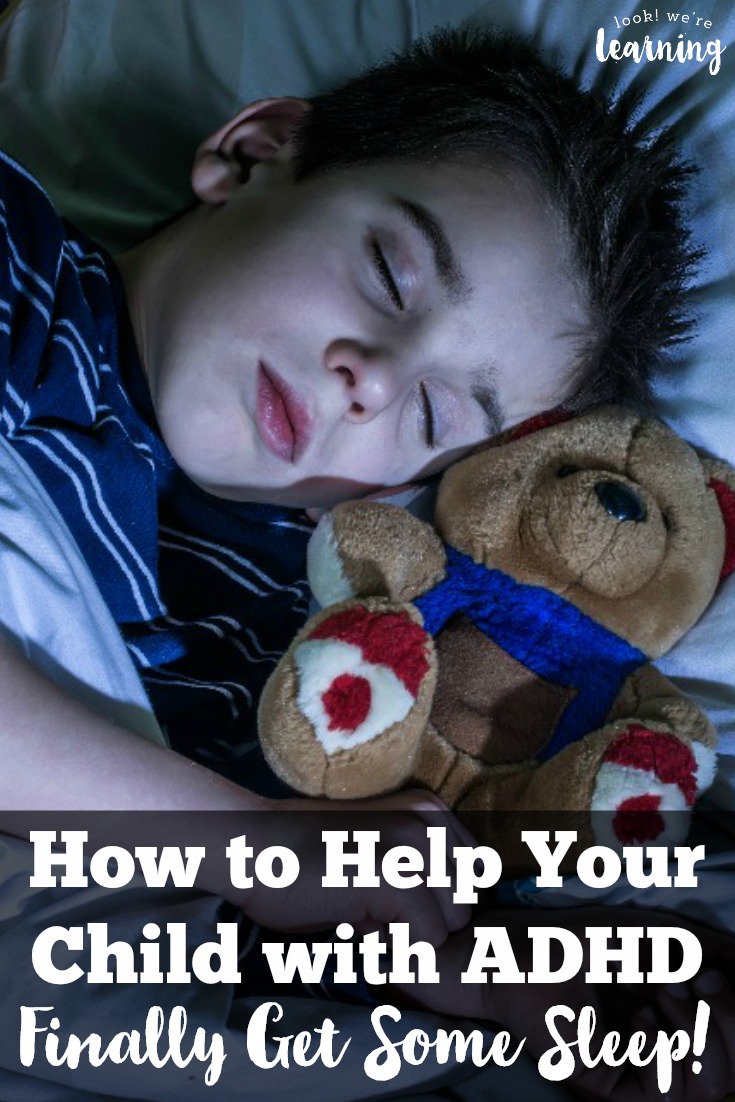
Image: Deyan Georgiev / Dollar Photo Club
ADHD Sleep Tips for Kids
1. Provide plenty of physical activity during the day.
For years, my husband has done manual work. On days that he works, he rests well at night because he’s so exhausted from the day. On weekends, though, he tends to stay up late into the night.
Turns out that’s related to ADHD! When kids and adults with ADHD exert themselves during the day, they sleep more soundly at night. Make time for your kids to get up and move vigorously during the school day and they should rest better.

2. End screen time a few hours before bed.
It’s no secret that kids tend to get excited after watching television, but that is true to an even greater degree in kids with ADHD. And it’s not just TV. Any kind of screen time, including computers, tablets, and smartphones, can be overstimulating and make it harder for kids to go to sleep at night. Of course, as I write this, it is 11:38 p.m., so this is a “Do as I say, not as I do” moment. 😉
We’ll be talking more about screen time limits later in the series, but it is critical that we minimize (and even eliminate) screen time when possible to avoid sleep problems and loss of focus. That’s where adding in physical fitness can help, because it gives kids an outlet for their energy instead of adding more stimuli.
3. Establish a bedtime routine and stick to it.
We’ve used a set bedtime in our family for years. But that’s not all that’s involved in establishing a bedtime routine. You know how doctors encourage you to create a routine of bathing, reading, and singing to help babies learn to sleep at night? We should keep that going with our kids long after babyhood.
We covered the importance of routines for ADHD yesterday, and those same points apply to the bedtime routine. That means that consistency is critical. Once you establish your bedtime routine, stick with it every night. Over time, your kids’ bodies will learn that nighttime is for winding down and resting.

Note: I’ve been hearing good things about melatonin. My daughter’s pediatrician actually recommended it to us during her last visit. But I’ve been hesitant to try it, because I’ve heard that it gives some kids nightmares. So if any of you have any thoughts or experiences with melatonin, please tell me about them! (Disclosure: I am not a medical professional. Please consult a doctor before deciding how to treat ADHD in your family.)
Have you struggled with helping your kids with ADHD go to sleep? Do you have any ADHD sleep tips for kids that work in your family? Tell us about them in the comments!

Need more help parenting and teaching kids with ADHD? Read these posts for ideas!
For more help parenting kids with ADHD, follow my ADHD Tips board on Pinterest!
Don’t miss these other great posts!

